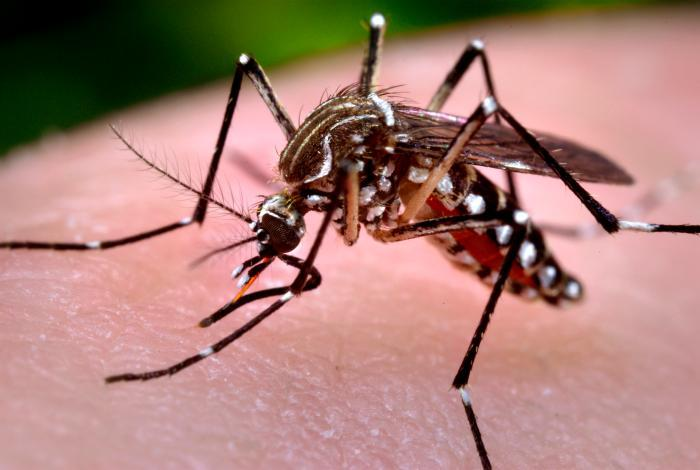
A study of South Korean children suggests antibiotic use in girls in the first year of life may be linked to earlier onset of puberty, researchers reported last week at a joint meeting of the European Society of Paediatric Endocrinology and the European Society of Endocrinology.
In the study, researchers from two university hospitals in South Korea analyzed antibiotic use in 322,731 children (135,232 boys and 187,499 girls) from 0 to 12 months, then followed them until age 10 for the boys and age 9 for the girls. The primary outcome was central precocious puberty (CPP), which for girls is defined as onset of puberty before age 8.
Most children in the study (90.4%) received antibiotics during the first year of life. Compared with those who were prescribed antibiotics after the first year, girls who received antibiotics during the first 3 months had a 23% increased risk of CPP (adjusted hazard ratio [aHR], 1.23; 95% confidence interval [CI], 1.12 to 1.36). Girls who were prescribed antibiotics at 6 to 9 months (aHR, 1.21; 95% CI, 1.10 to 1.32) and 9 to 12 months (aHR, 1.15; 95% CI, 1.04 to 1.26) also had an increased risk of CPP. In addition, girls who were prescribed five or more classes of antibiotics had a higher risk of CPP than those who received two or fewer.
No significant association between early antibiotic use and CPP was observed in boys.
Altering of the gut microbiome could play a role
"Our study adds to growing concerns about how antibiotics given in infancy could affect children’s long-term development—possibly by altering the gut microbiome or hormonal balance—but the reasons behind it are still unclear," study co-author Yunsoo Choe, MD, of Hanyang University Guri Hospital said in a press release. "Understanding these biological mechanisms may help guide safer antibiotic use and inform early-life care strategies for children."
Choe added that earlier research by the same team found that exclusive breastfeeding was associated with a lower risk of CPP, which supports the idea that early-life factors affecting the gut microbiome or endocrine-metabolic pathways may influence puberty development.















